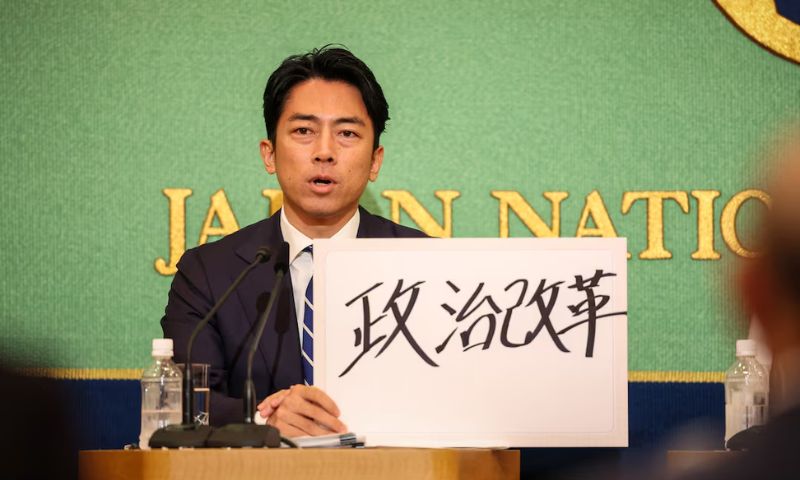TOKYO, Japan: In the race to become Japan’s next leader, three key candidates from the Liberal Democratic Party (LDP) are vying for power, each bringing a distinct approach to the nation’s foreign policy at a critical juncture.
Shinjiro Koizumi, 43, positions himself as a young, change-oriented candidate, aiming for continuity in Japan’s US alliance. Koizumi, the US educated son of a former prime minister, is seen as Washington’s favored candidate, given his lack of governing experience and inclination to maintain the status quo in US-Japan relations.
His rivals, veteran politicians Shigeru Ishiba and Sanae Takaichi, however, are pushing policies that could challenge Japan’s diplomatic relations.
Ishiba, a former defence minister, advocates for a more independent foreign policy, including stricter oversight of U.S. military bases and exploring Japan’s role in nuclear decision-making.
Takaichi, Japan’s economic security minister and the first female contender for prime minister, has stirred controversy with her support for visiting the Yasukuni Shrine, a move that could strain relations with South Korea.
While all three candidates support Japan’s increased defence spending in response to China’s growing influence, the potential shifts in Japan’s diplomatic posture under Ishiba or Takaichi raise concerns.
As Japan’s leadership transition unfolds, the U.S. remains keen to maintain strong bilateral ties while navigating potential challenges in regional diplomacy, particularly with South Korea and China.























